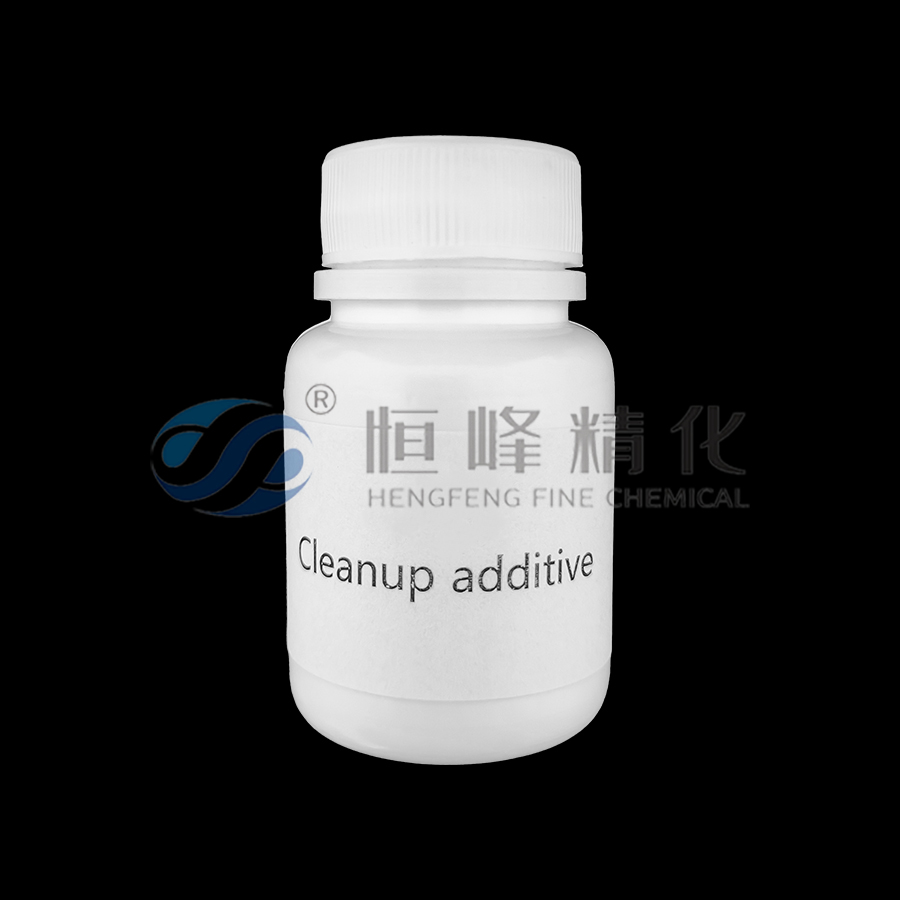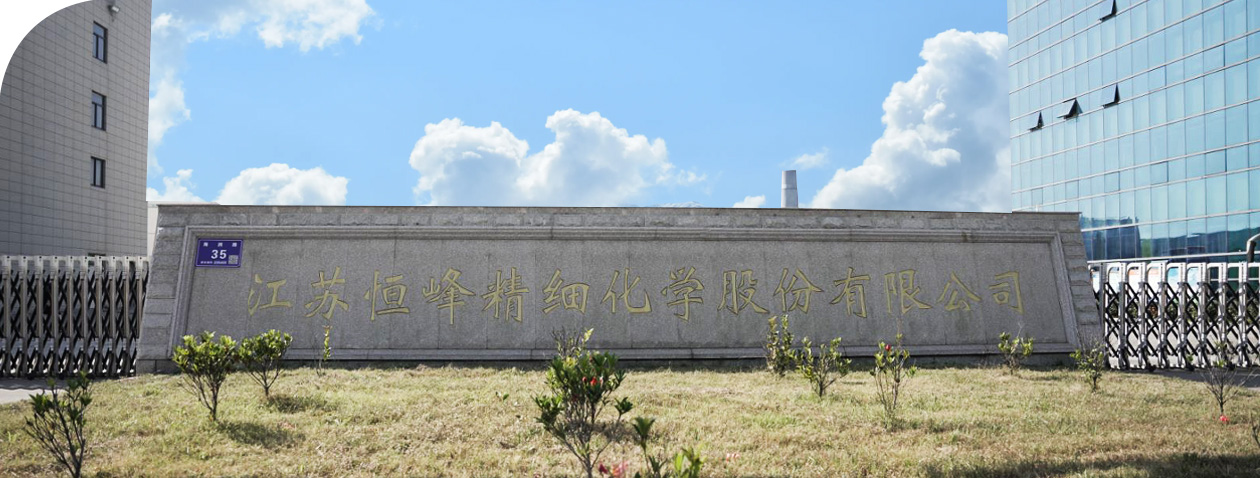How does a cleanup additive improve permeability and diffusivity in reservoir rocks?
Cleanup additives play a crucial role in the oil and gas industry by improving the performance of working fluids in reservoir rocks. One of the key benefits is their ability to enhance permeability and diffusivity, essential factors in optimizing oil recovery.
Understanding Permeability:
Permeability refers to the ability of fluids to flow through rock formations. In reservoir rocks, the presence of oil and water can impact permeability.
Cleanup additives work by altering the surface properties of the rock, promoting better fluid flow. This alteration often involves changing the wettability of the rock surface, allowing for increased fluid penetration.
Wettability Modification:
Cleanup additives modify wettability by reducing the interfacial tension between oil, water, and the rock surface. This change in wettability makes the rock more receptive to the working fluid, resulting in improved permeability. The additives achieve this by adsorbing onto the rock surface, creating a more favorable environment for fluid movement.
Enhanced Diffusivity:
Diffusivity is another critical aspect of fluid movement in reservoir rocks.
Cleanup additives contribute to improved diffusivity by facilitating the movement of fluids through the rock matrix. This is achieved through a combination of surface tension reduction and enhanced wettability, allowing for better penetration of fluids into the porous structure of the rock.
Balancing Thermal and Chemical Stability:
In addition to modifying wettability, cleanup additives are designed with high thermal and chemical stability. This is particularly important in reservoirs with high temperatures and salinity. The stability ensures that the performance of the cleanup additive remains consistent, even in challenging environmental conditions.


 English
English Español
Español عربى
عربى Русский
Русский Tiếng Việt
Tiếng Việt














